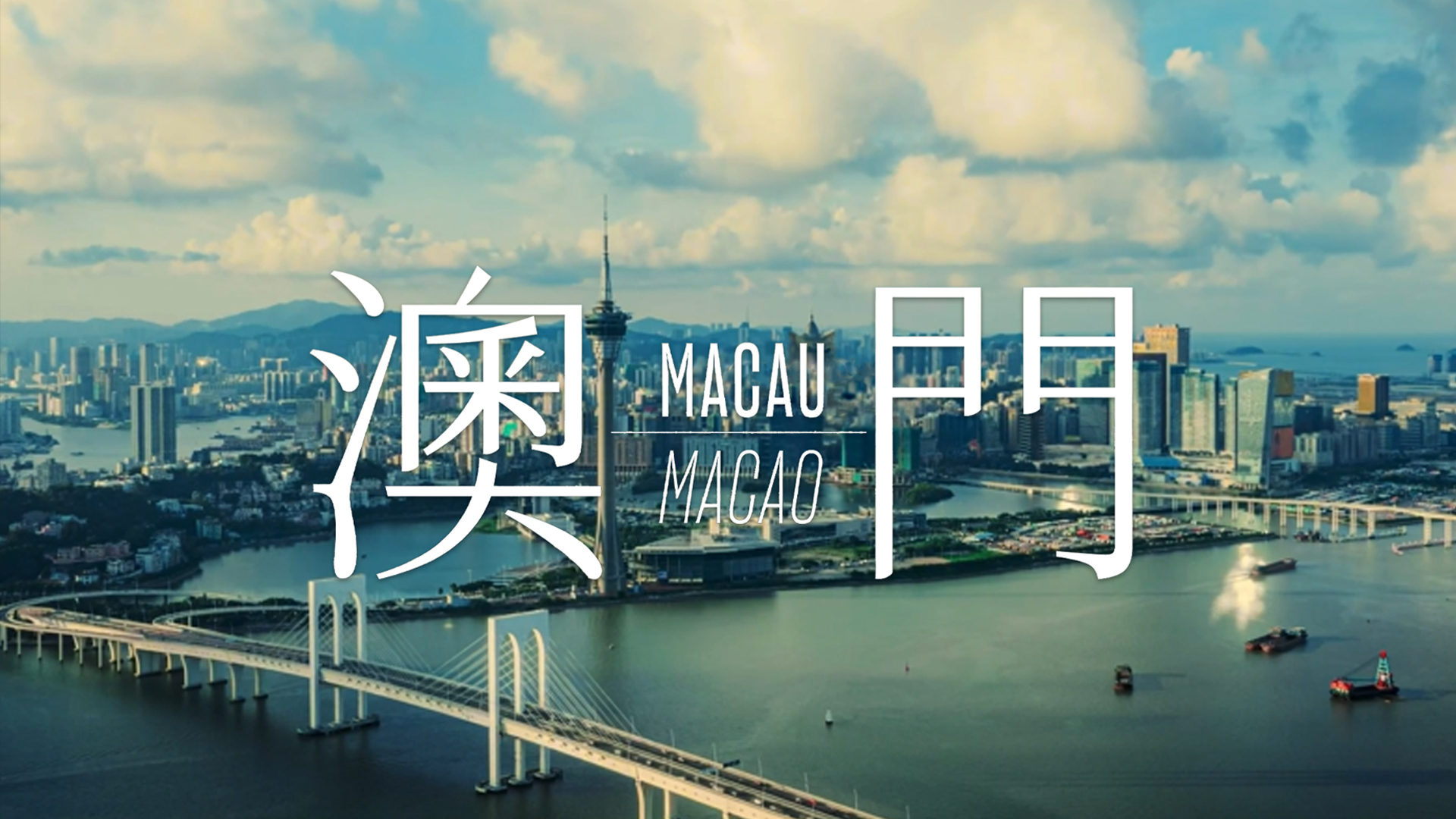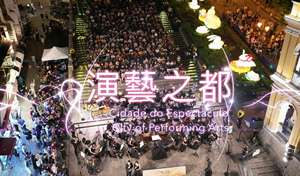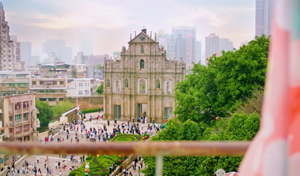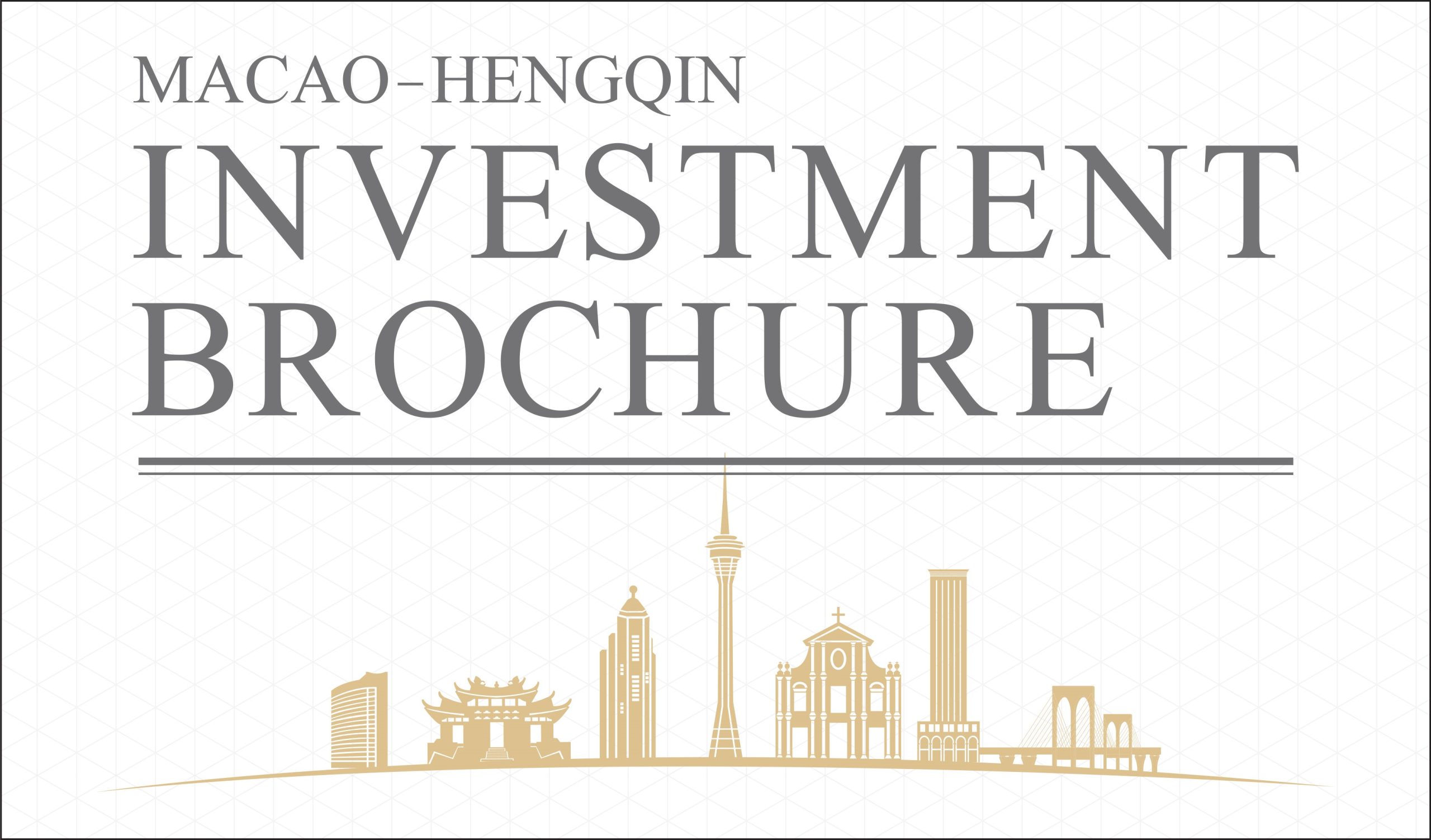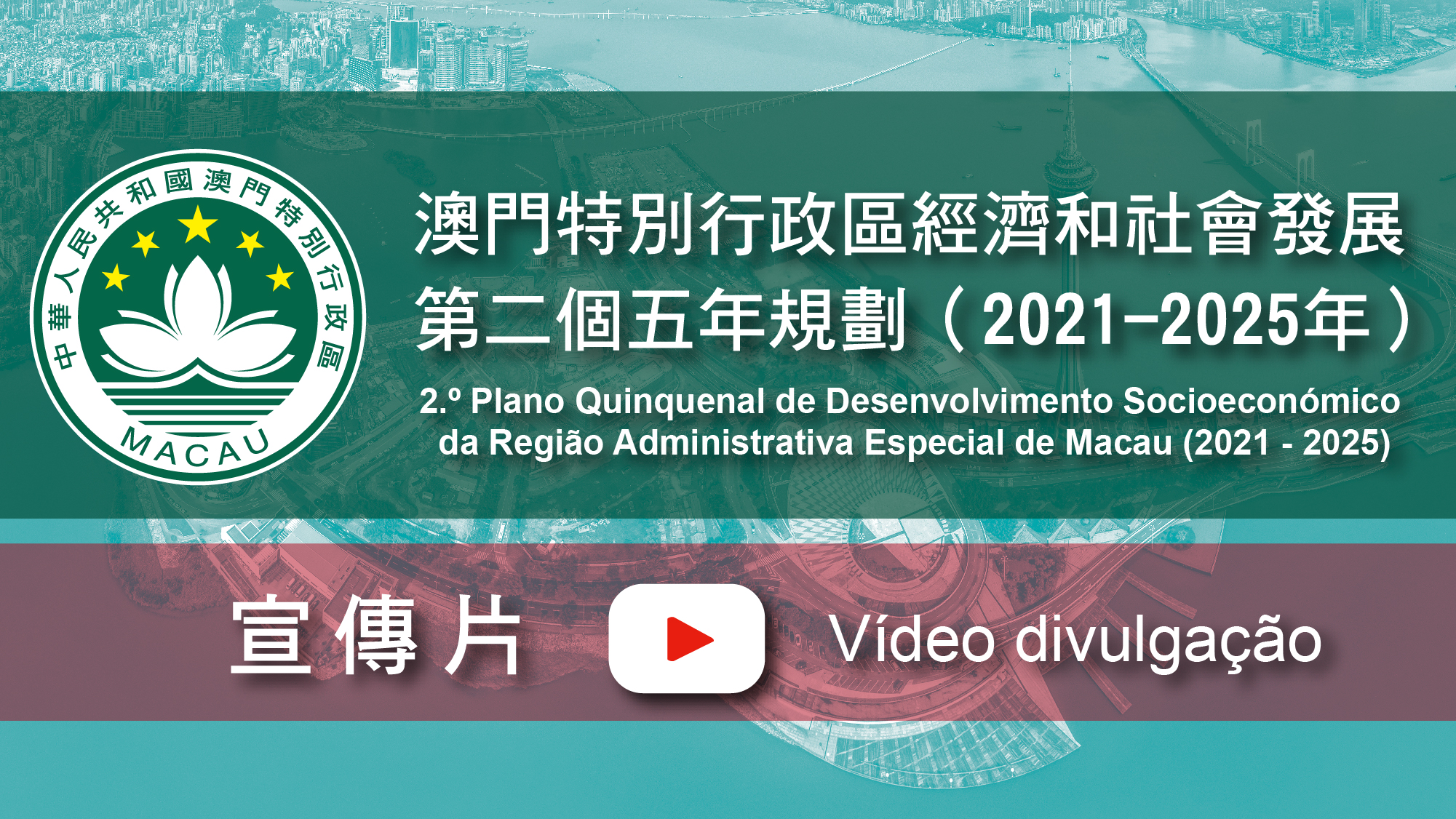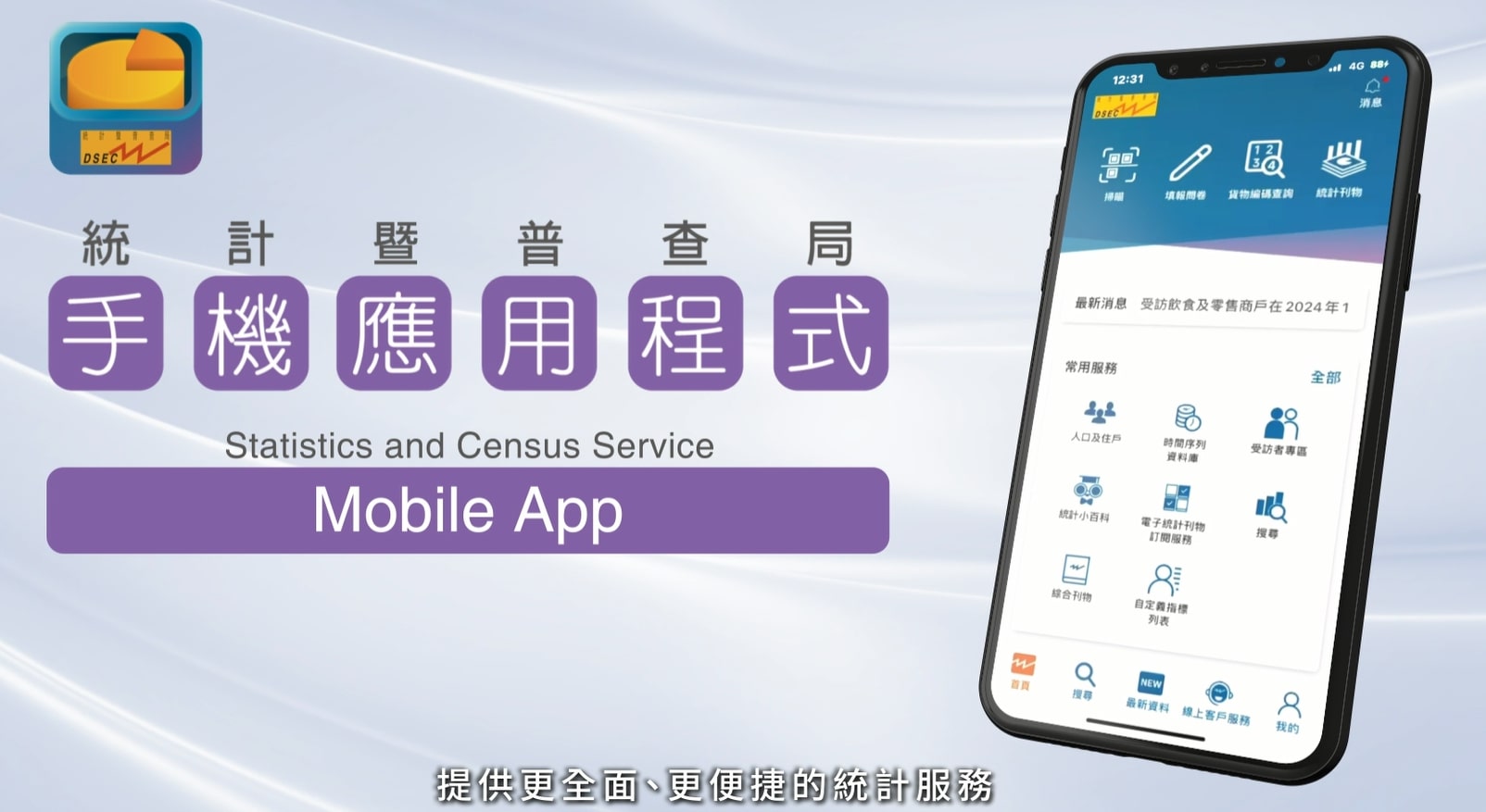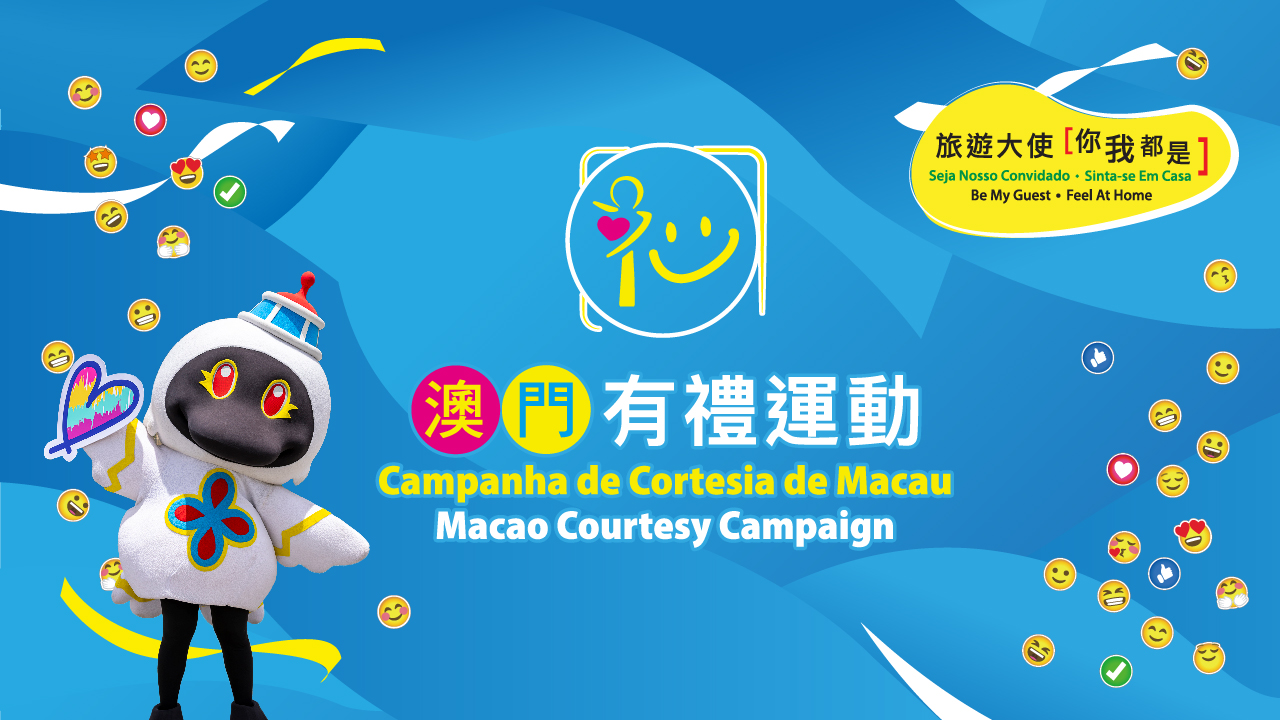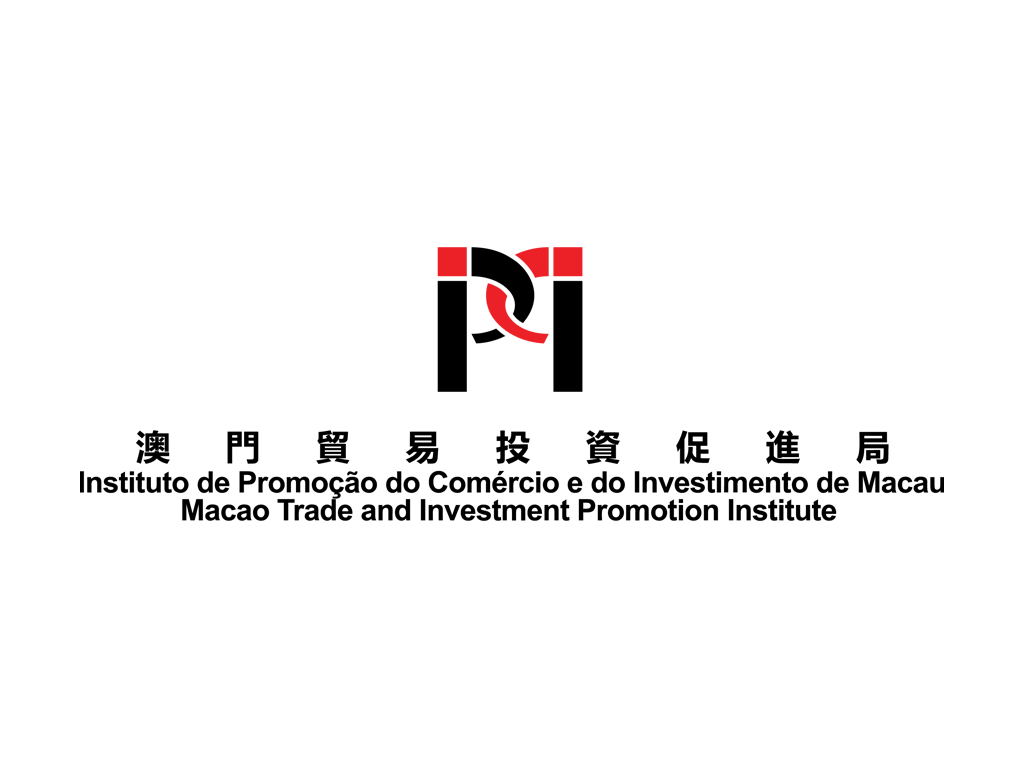Search Issues
There’s already a well-established bilateral trade relationship between Macao and the United States. Kurt W. Tong, U.S. Consul General to Hong Kong and Macao, discusses with Macao Image possible ways to develop further trade ties.
The Macao government is focusing on diversifying the city’s economy. In terms of people-to-people exchanges and trade between Macao and the United States, is there anything new that can be done in the coming months and years?
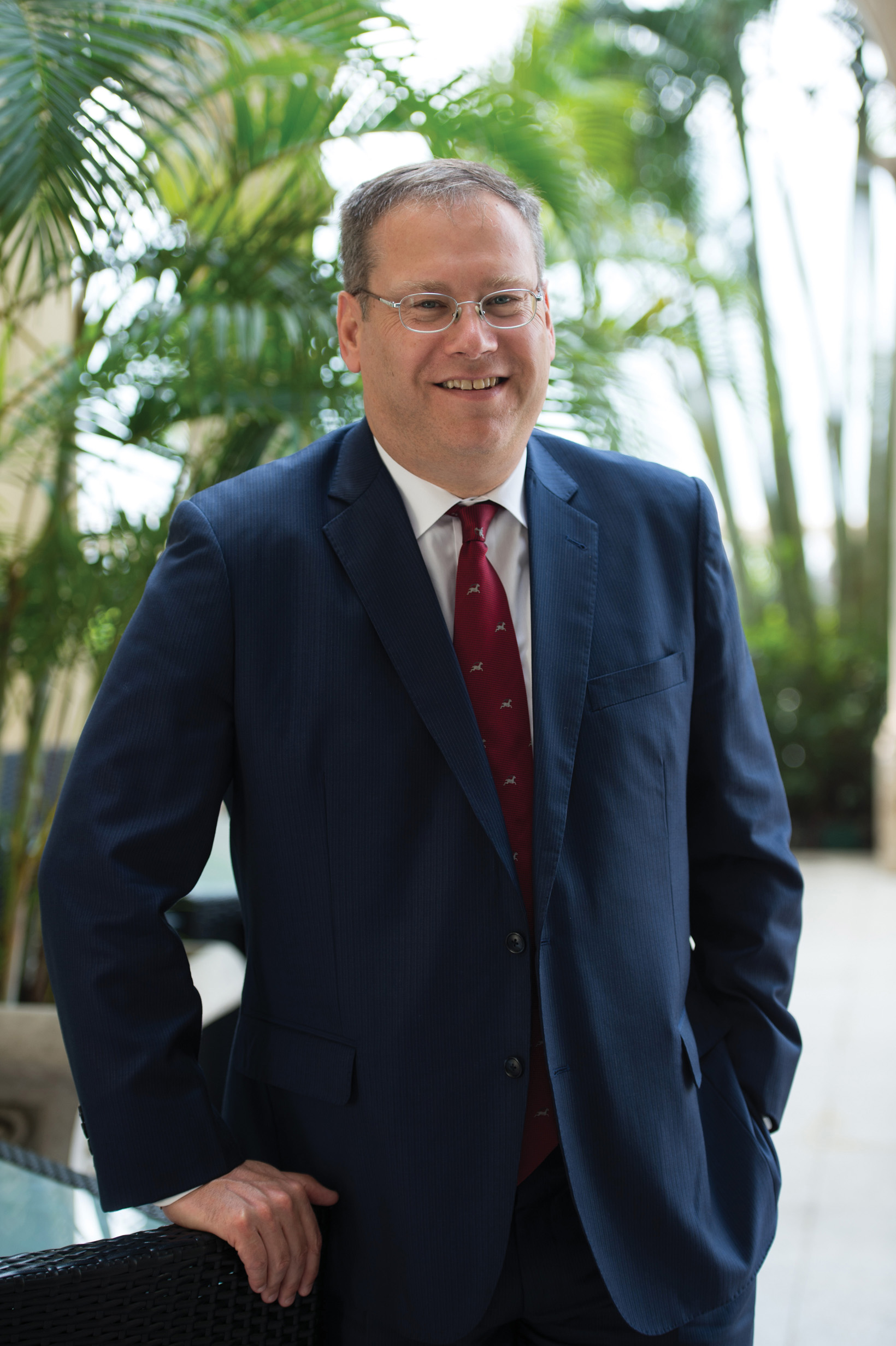
I’d like to see more Macao business people and government officials travelling to the U.S. and looking for opportunities as well. We are ready to facilitate that.
I think so. I think the U.S. economy and U.S. businesses can really help a lot in this broader exercise of … supporting the diversification of the Macao economy through more investment between Macao and the United States.
We had US$750 million in bilateral trade in 2016. Of that, US$630 million was exports from the United States to Macao. A lot of that was in technology areas: but a significant amount was in standard things such as high-end food; beverages; agricultural products and the like; and I think that shows that Macao is an open market, that’s interested in getting the best products from around the world, and the best information and technology available.
There are sectors that could be explored more. For example, fashion and garments and retail. The U.S. has an outstanding fashion industry. We have great designers. There’s no reason why Macao couldn’t be an important destination for U.S. fashion, or for U.S. fashion design, with an emphasis on reaching the Chinese market through Macao. So many important Chinese customers come to Macao. Those businesses could be interested in reaching those customers and showing U.S. fashion or U.S. fashion adapted to China in a Macao context.
I expect to see in coming years an expansion of U.S.-franchised or branded restaurants or food and beverage-type activities piling in to this really hot market.
If you look at it from a U.S. perspective, not only is Macao a good market, it’s also a marketing platform for all of the visitors that come to Macao. You can reach these customers who can then get to experience U.S. food and beverage or U.S. fashion, and then take that experience home with them.
Are there specific goods and services produced in Macao that people in the U.S. want or need?
Tourism is Macao’s number one export. Macao is also potentially a very good market for tourists from the United States. As the [Hong Kong-Zhuhai-Macao] bridge opens up, it [Macao] will be even more accessible to people from outside the Asian region.
I could also see Macao SMEs [small and medium-sized enterprises] actively targeting U.S. customers for very specific, interesting, Macao-branded fashion or food or cultural items that would be interesting to American customers, and could build up a bit of a market as well.
The U.S. is a competitive market, but I think Macao SMEs have good access to capital, they are smart, they are sophisticated, they travel all over the world, and they should be able to reach the U.S. market as well, and we would be delighted to help them.
Macao is interested in developing exports of Traditional Chinese Medicine and services connected to it. There are lot of Asian Americans, a lot of Chinese people resident in the United States. Is there room for any kind of bilateral relationship on Traditional Chinese Medicine?
Often when it comes to facilitating trade in food or drugs, the best way to make things smoother is to have improved information sharing between the regulatory authorities. That’s certainly something we can talk about with Macao if they are interested in that kind of conversation. I know our FDA – the Food and Drug Administration – has co-operative relationships with a lot of overseas markets.
Macao is keen to develop the talent and skills of local people. Is there more scope for people-to-people exchanges in education between Macao and the United States?
I think the main channels for transfer of know-how are education and the education system, or trade and investment. I think through major U.S. investment in Macao, U.S. companies are doing quite a lot to assist in the development of Macao’s workforce, and the sophistication of its workers and managers.
What we would like to do as a consulate, is help expand further the education relationships between Macao universities and counterparts in the United States.
When U.S. universities consult with the consulate, we regularly point them in the direction of Macao universities as organisations that are growing, that are interested in lots of new ideas and are places for them to consider as potential partners.
I think Macao’s a great platform for education of foreigners as well as Macao residents, and hopefully we can get a lot of Americans studying in Macao as well.
What are your goals as U.S. Consul General for relations with Macao regarding trade and investment?
I would like to see – particularly in the trade relationship, and in investment as well – in the sectors I suggested, like food and beverage, or fashion, entertainment and infrastructure, growth in both directions. I want my consulate to be helping make that happen … by introducing people to one another; making connections. Our [U.S.] Commercial Service [the trade promotion arm of the U.S. Department of Commerce’s International Trade Administration] office is very focused on helping smaller businesses in particular to find partners for trade in both directions. We would welcome seeing buyers and investors and business people making Macao part of their itinerary when they come to Asia, and viewing it as an important market.
What do people in Macao or business people visiting Macao from the U.S. tell you about the U.S.-Macao relationship?
We’ve seen an uptick in interest in Macao. Its global profile is becoming bigger and bigger each year. This year, just since I’ve been here [in the post] the Nebraska [state] Governor came to Macao. I think he was trying to sell more Nebraska beef, and I think he was successful in that. We hope to encourage more of that.
The economic relationship is expanding, and I fully expect it to continue to grow rapidly. People should be seizing that opportunity. I’d like to see more Macao business people and government officials travelling to the U.S. and looking for opportunities as well. We are ready to facilitate that.
IPIM already does a lot of work with Portuguese-speaking Countries as part of Macao’s ‘Centre and Platform’ initiatives. What role can the U.S. play in terms of the ‘Centre and Platform’?
I observe closely Forum Macao [Forum for Economic and Trade Co-operation between China and Portuguese-speaking Countries (Macao)] and the very smart outreach that Macao is doing to other Portuguese-speaking Countries economies, and even in that area, the United States could play some role. For example, we have a very deep and friendly economic relationship with Brazil, the largest Portuguese-speaking Countries economy. There’s no reason why when Macao and Mainland Chinese and Brazilian companies are all thinking about some venture, they couldn’t bring in a U.S. partner as well. There are millions of Portuguese speakers in the United States as well, that have immigrated from all over the world.
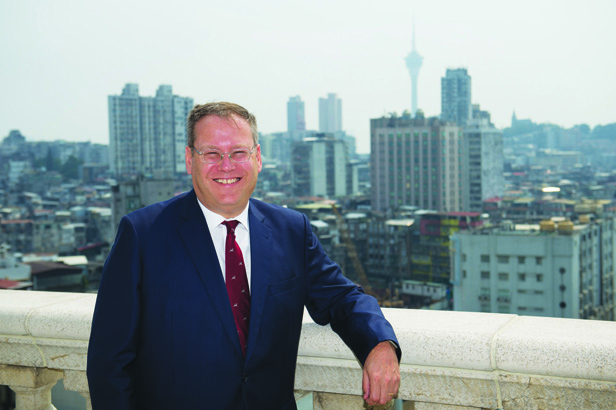
Macao SMEs have good access to capital, they are smart, they are sophisticated, they travel all over the world, and they should be able to reach the U.S. market as well, and we would be delighted to help them.



